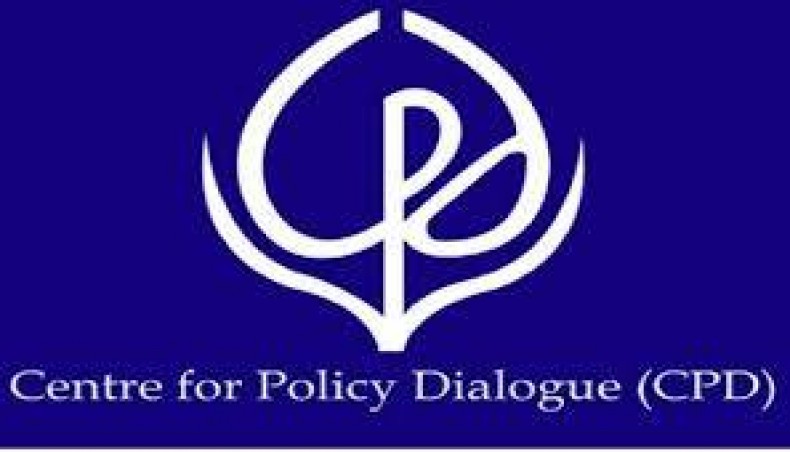
Corruption has again topped the list of problems that hampered doing business in Bangladesh in the just concluded year.
Around 67.6 per cent of respondents out of 71 business executives complained about a high level of corruption in a survey conducted by the Centre for Policy Dialogue, a local private think-tank.
While releasing the survey report titled ‘The Bangladesh business environment 2023’ in the capital on Wednesday, CPD’s research director Khondaker Golam Moazzem said that the prevalence of corruption intensified in the just concluded year.
Around 64.6 per cent of respondents identified corruption as the main problem among 17 obstacles listed in the same survey made in the past year by the CPD in partnership with the World Economic Forum of Switzerland.
Limited effective measures to curb corruption as well as lack of transparency and accountability in licensing, logistics and different service-providing activities of the public agencies have weakened the business environment, said Golam Moazzem.
The latest survey has identified inefficient government bureaucracy (54.9 per cent of respondents) and foreign currency instability (46.5 per cent of respondents) as two other most important hurdles.
Inflation, inadequate infrastructure, limited access to finance, complexity in tax regulation, policy instability, inadequacy of skilled labour force, absence of innovation, poor work ethic in the labour force and high tax rate are among the list of problems.
The CPD said that corruption has severely affected all categories of businesses as 100 per cent large companies considered it as the most problematic factor. Also 61.9 per cent small and micro enterprises, and 66.67 per cent of medium enterprises identified corruption as the most important problem.
The CPD survey report found that the businesses had to pay bribes as usual for imports, exports, tax payments, public contracts and licences.
Besides, lack of independence of the judiciary, low ethical standard of politicians and difficulty for private businesses to challenge the government actions or regulations through the legal system have also been identified in the problem list.
Golam Moazzem said there had been no improvement in bribe scenario in the past six years.
One business owner alleged that he was asked to pay an amount of bribe for a service which was equal to his entire investment plan, added Golam Moazzem.
The CPD recommended that all public offices should introduce an office of ombudsperson to address the governance related issues.
The financial sector should also introduce an office of the banking ombudsperson. Likewise, securities ombudsperson should be introduced by the Securities and Exchange Commission and there should be other ombudspersons as well, including tax ombudsperson, law enforcement ombudsman and trade ombudsman, it added.
The CPD survey report also found that inflation, macroeconomic downturn and growing income inequality would remain as the top three risks on the country’s economic front for the next two years, while energy supply shortage, unemployment and chronic diseases like cancer and diabetes would be top societal risks during the same period.
Golam Moazzem said that businesses also shared their views regarding the implications of the International Monetary Fund conditions, including withdrawing subsidy from the energy items for their businesses.
Around 47 per cent businesses said that the condition of withdrawing the option of capacity payment to the power producers will be a credible option to reduce subsidy pressure in the power sector, while 16 per cent believed the opposite and 37 per cent were neutral on this matter.
The survey was made during the period of May–July period in which businesses from Dhaka Gazipur took part.
Analyzing the country’s doing business performance in the international context the CPD said that Bangladesh in comparison with four other countries, namely India, Indonesia, Thailand, and Vietnam, scored the lowest regarding innovativeness, inclusiveness, and resilience.
Regarding sustainability, Bangladesh is ahead of Indonesia and Thailand only.
Bangladesh, among the South Asian countries, scored third regarding innovativeness and resilience. For both these pillars, Bangladesh is outscored by India and Sri Lanka. In terms of sustainability, Bangladesh ranked the lowest in South Asia. For inclusiveness, Bangladesh is ahead of only Pakistan.
New Age









